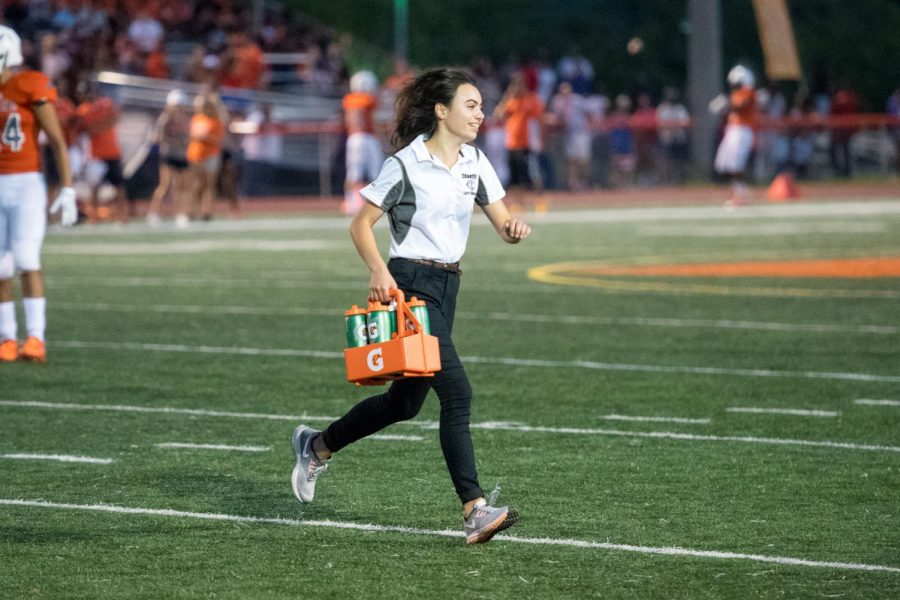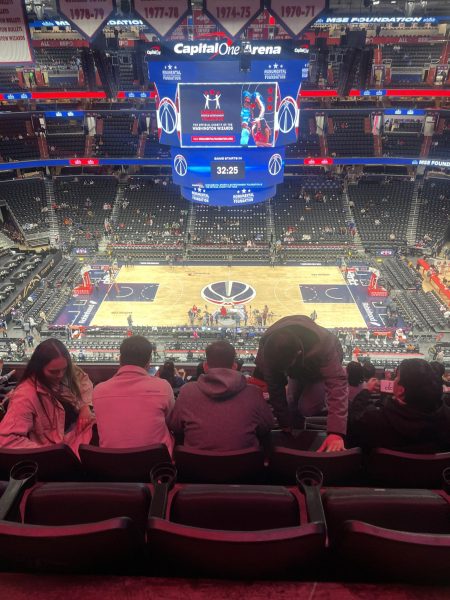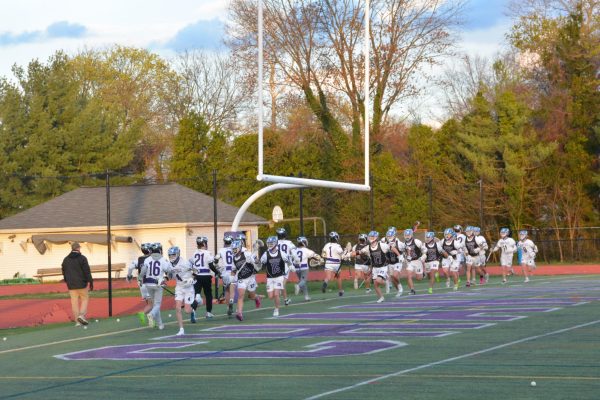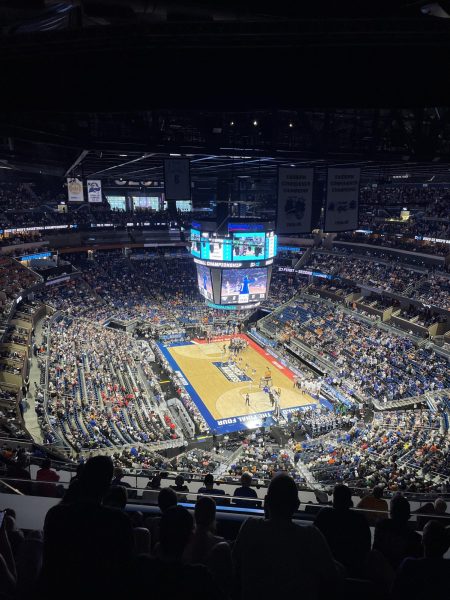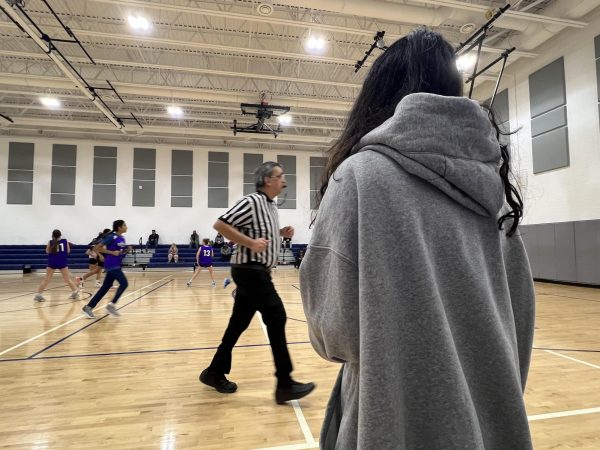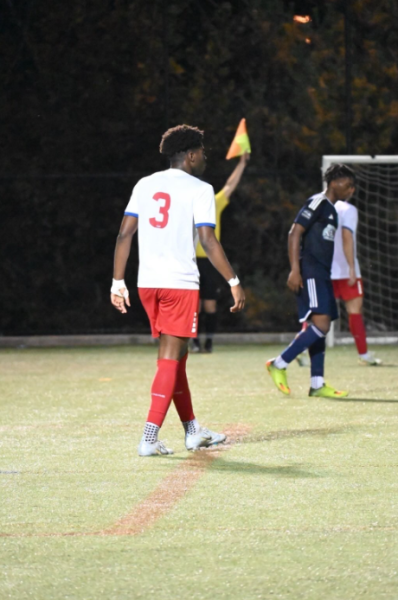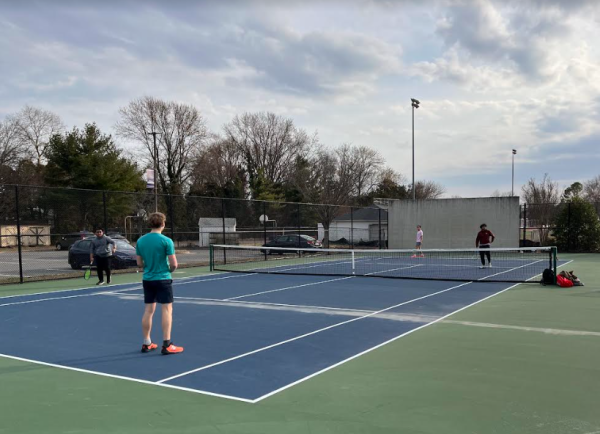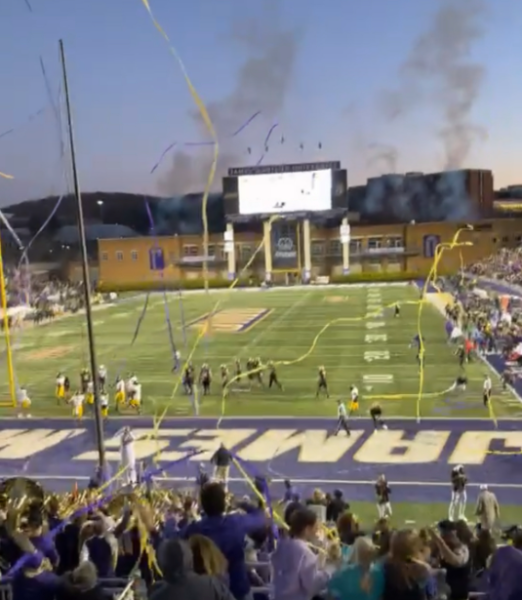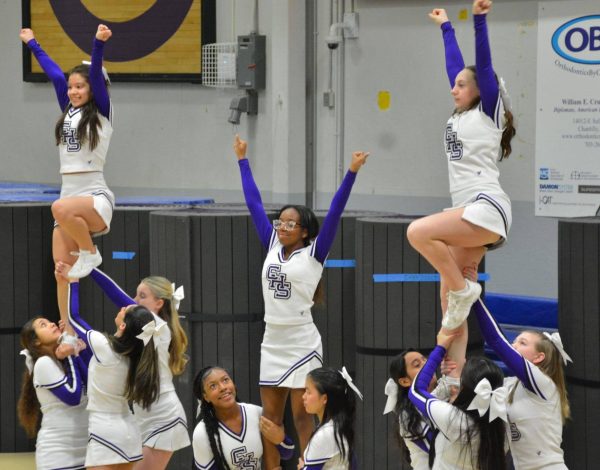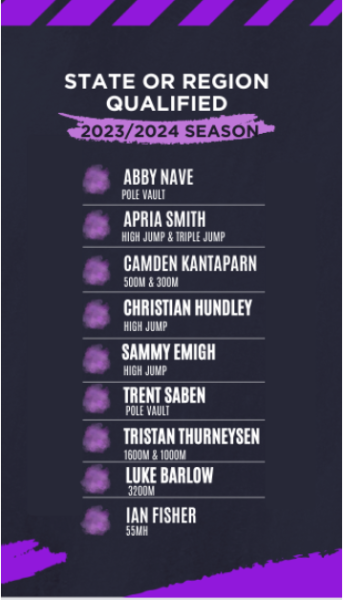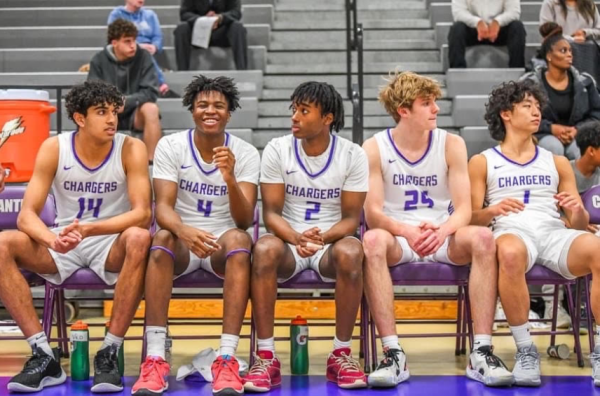Managing the Team: what goes on behind the spotlight
November 17, 2017
Tom Brady, Steph Curry, Lionel Messi and Bryce Harper. These are the names of some of the world’s most famous athletes, and sports fans around the world are familiar with these superstars. However, many do not know the names of the people behind the scenes: the sports managers. The same can be said of the teams here at Chantilly. Managers enable the athletic program to run smoothly and are a crucial part of the teams, even if their hard work is not consistently acknowledged. Many students are unaware of what the sports managers do for all the athletes.
“For volleyball, we shag the balls and take the team statistics on how the players are doing,” senior Emma Gustafson, manager of the swim and volleyball teams, said. “We just make sure everything runs smoothly.”
Along with the statistical side of their jobs, managers are also there for the players both on and off the court, allowing for a boost in team morale.
“Managers are really good for motivation; even though they don’t play, they’re always there,” sophomore and basketball player Kavya Shankar said. “They help you get into the spirit of the game. If you’re having a bad day, they’re there for moral support, which is nice if you’re not doing so well.”
Even though the managers do not necessarily play on the team, they are very much integrated into the team atmosphere and dynamic.
“I definitely feel like I fit in; I’m really close with the team,” Gustafson said. “We’re just a tight knit group.”
In addition to helping the athletes during the season, managers also assist the coaches.
Field hockey head coach and physical education teacher Kristina Plaugher believes that with the help of the managers, she is able to save valuable practice time, making the coaching process run more smoothly.
“Managers make it so that we can get to the actual work in practice quicker because they’re helping get the equipment out there while the kids are getting warmed up,” Plaugher said. “They’re in the background helping out and doing little things on the side that are needed to be done.”
The work that managers put into each program is often overshadowed by the athletes. The managers of each program have different requirements and support their team through hard work and dedication.
“Managers have a significant position in the program, so people should appreciate them more,” Shankar said. “Everyone just overlooks the fact that they’re there to help the team.”
Even though at times they can go unnoticed, managers enjoy their jobs and find many benefits in their contributions to the teams and the programs.
“I like how you can still be part of the team,” Gustafson said. “I can make new friends, make new memories and experience the same things as them.”
The dedication the managers put into each of their teams allows for the coaches and players to focus on the games and practices, rather than the set-up. The managers are a crucial part of the athletic program, supporting their respective teams at each and every event.
“I think that if a student is interested in managing, they should go talk to the coach of that program and find out more about what that manager does,” Plaugher said. “It’s a great way for students to get involved.”
The major benefits that sports managers supply to teams sometimes fails to be acknowledged. Without them, many teams would not have the opportunity to achieve the high levels of success that Chantilly is known to hold.


